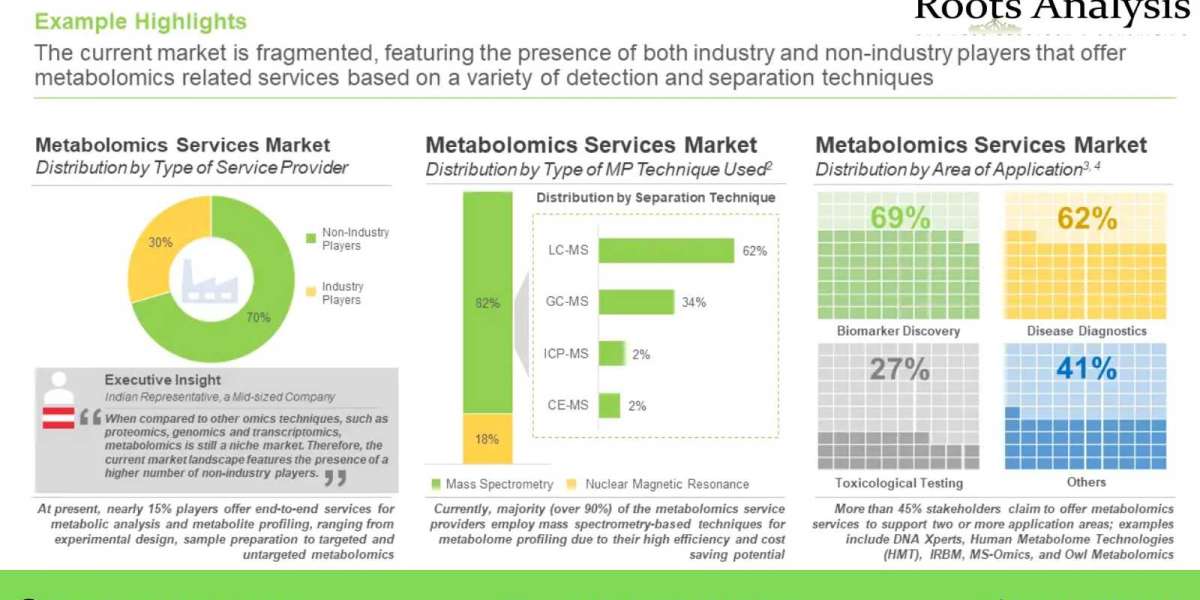Scientific fields involved in high throughput measurement of biological molecules are referred with the suffix-omics including, transcriptomics, genomics, proteomics and metabolomics. Although, metabolomics is a relatively new field, results generated through studies directly reflect the molecular phenotype of cells or tissues, thus making it a promising tool than its counterparts for preventive healthcare and pharmaceutical industries. Metabolomics can be defined as the process of large-scale, high-throughput analysis of small molecules found in cells, tissues, biological fluids, or organisms. Since, several reactions occur continuously within cells, metabolite concentrations are thought to be very dynamic and can change drastically from one stage in the process to the next which makes analysis of metabolome challenging. However, research related to metabolites is essential to increase the understanding of molecular level interactions, functions, modifications and regulations in cells, therefore, the field of metabolomics plays a vital role in biomarker discovery for early disease diagnosis and prognosis as well as for drug discovery and development processes.
Several methodologies are presently used to design metabolomics experiment, including targeted analysis, untargeted analysis, and identification of unknown metabolite. All the afore-mentioned approaches are discussed below.
Targeted Metabolomics
Targeted metabolite profiling is a method for quantifying a previously identified sample of metabolites with similar chemical / biological characteristics. Targeted metabolomics aims to provide maximum sensitivity and selectivity using internal or external reference compounds. It leverages understanding of a diverse set of metabolic enzymes, their kinetics, end products, and the known biochemical pathways in which the set of metabolites participate. This approach is often employed to determine the effect of genetic modifications or therapeutics in pharmacokinetic studies of drug metabolism.
Untargeted Metabolomics
Untargeted, namely discovery metabolomics, represents the unbiased analysis of small molecules present in a biological sample, under specific conditions. It aims to detect the alterations in the global metabolomic profiles of control and test groups to generate a hypothesis. Untargeted metabolomics employs a top-down approach to analyze the entire metabolic network concerning a specific biological condition. Further, it has been successfully used to identify the severity of different types of asthma.
In general, studies using untargeted approach encounter challenges in the identification of unknown metabolites. Therefore, further studies are required to re-analyze the generated data.
Unknown Metabolite Identification
An unknown metabolite is referred as a small molecule or metabolite which may be detected frequently in a biological sample but whose chemical characteristics has not been determined. Based upon the spectral data generated in a metabolomic experiment, these metabolites can be separated and quantified. The definitive identification of an unknown metabolite, instead of presumptive identification based on known mass or retention time, is a critical and decisive task that propels the analysis forward. Therefore, unknown metabolite identification has a significant impact on omics research and biomarker discovery.
Metabolomics Services– Current Market Landscape
Currently, more than 170 players are engaged in offering metabolic analysis and metabolome profiling services across the globe, most of the service providers engaged in this domain (~50%) are headquartered in North America, followed by Europe and Asia. Pasted below is a donut chart, showing the regional distribution of companies / organizations offering metabolomics services.
Clinical Applications of Metabolomics
Owing to the non-invasive nature and correlation of metabolomics studies with the phenotype, it is an ideal tool for the pharmaceutical and preventive healthcare industries. Metabolomics has already assisted in informed decision making for biomarker discovery and toxicology testing. Personalized medicine or precision medicine is an emerging field with the potential to develop novel and efficacious custom-based clinical therapies, wherein metabolomics holds a potential role. Plant biotechnology, microbial biotechnology, and nutrigenomics are among other areas where metabolomic research is being employed to generate deeper insights.
Future opportunities for Metabolomics Service Providers
Metabolomic profiling provides a profound insight regarding the physiological and metabolic function. Due to the advancements in biochemical laboratory techniques, metabolomics has become a crucial part of healthcare industry. Further, metabolomics has revolutionized the biomarker discovery domain by replacing search for a single molecule disease biomarker with dynamic and intricate metabolite concentrations. Additionally, metabolomics can contribute to reduce the high cost associated with drug discovery by identifying non-promising candidates in the early stages. However, due the various challenges associated with successful conduct of metabolomics studies, including high cost of instruments, equipment maintenance, and the requirement of high-end expertise, several players in the pharmaceutical industry are outsourcing their metabolite profiling-related needs to capable, specialty service providers. This has resulted in the emergence of many companies offering metabolomics services over the past few years. In fact, since 2000, more than 70 players offering such services have been established. Amidst growing competition, the availability of cutting-edge tools and technologies have emerged as a differentiating factor. This has caused many service providers to actively expand their service portfolios, either through strategic acquisitions or entering into service alliances with other metabolomic companies. Over time, several metabolomics service providers claim to have developed end-to-end service capabilities, ranging from experimental design to data processing and statistical analysis. Considering the aforementioned factors, we are led to believe that the metabolomics services market is likely to witness rapid growth over the next few years.
For additional details, please visit
https://www.rootsanalysis.com/blog/metabolomics-an-emerging-yet-powerful-tool-in-clinical-research-and-development/ or email [email protected]
You may also be interested in the following titles:
- Smart Labels Market: Industry Trends and Global Forecasts, 2022-2035
- AI-based Digital Pathology / AI Pathology Market: Industry Trends and Global Forecasts, 2022-2035
About Roots Analysis
Roots Analysis is a global leader in the pharma / biotech market research. Having worked with over 750 clients worldwide, including Fortune 500 companies, start-ups, academia, venture capitalists and strategic investors for more than a decade, we offer a highly analytical / data-driven perspective to a network of over 450,000 senior industry stakeholders looking for credible market insights.
Contact:
Ben Johnson
+1 (415) 800 3415








